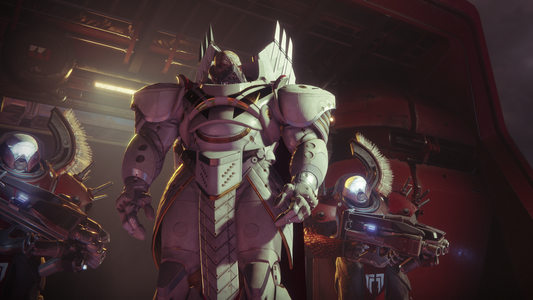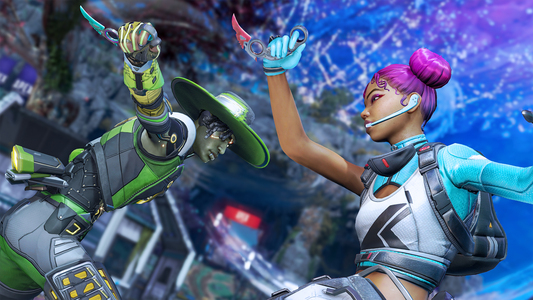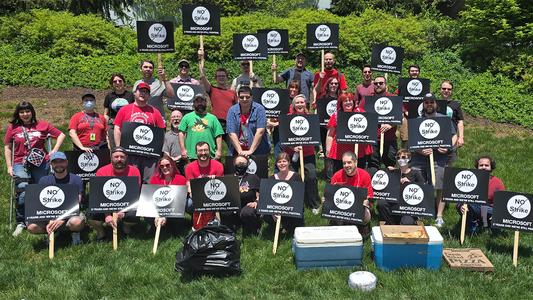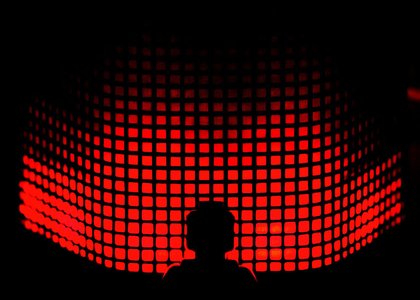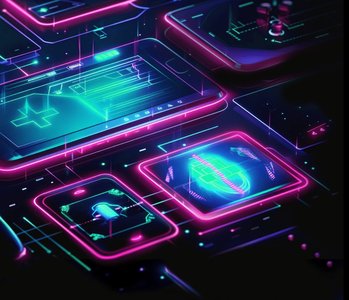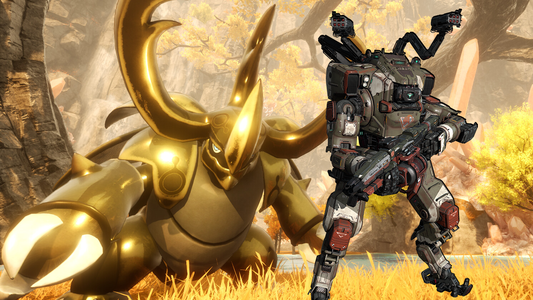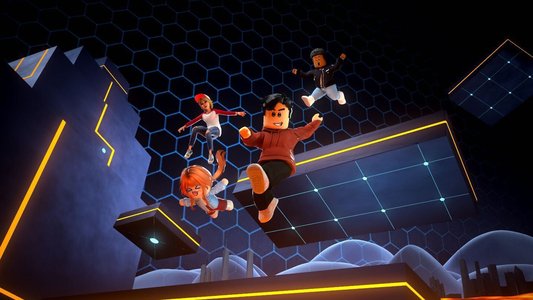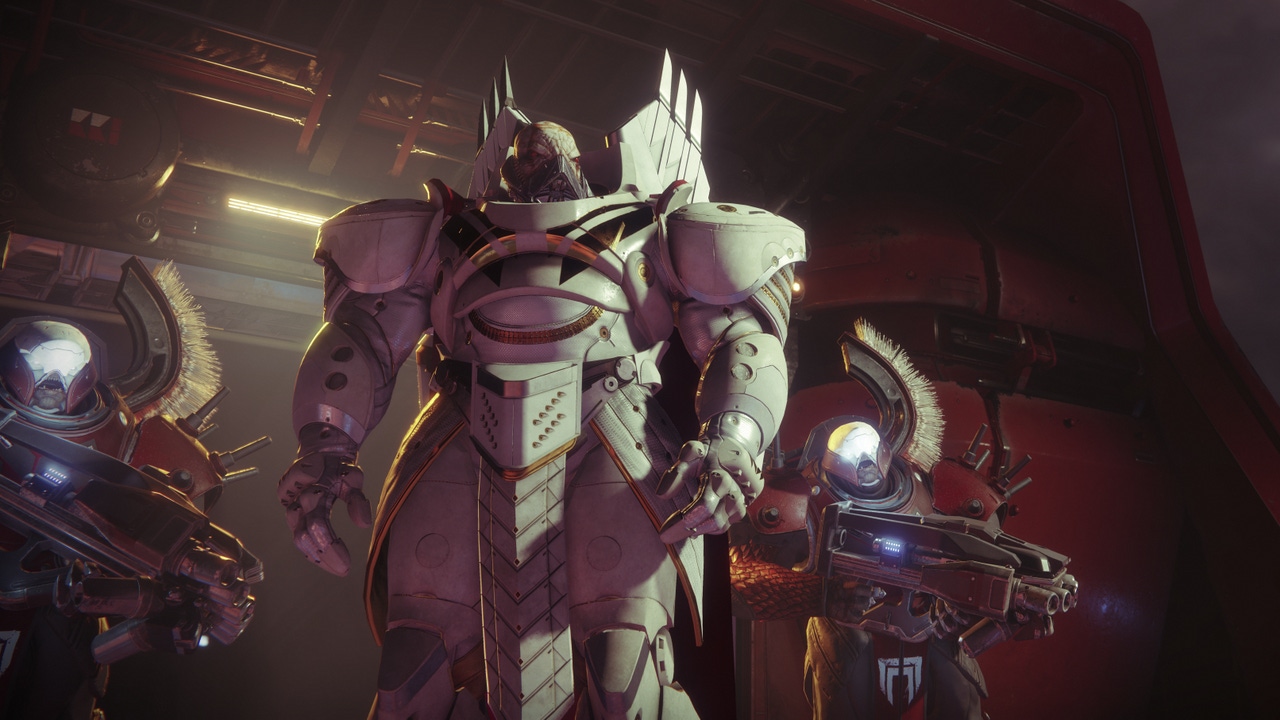
Image via Bungie/Destinypedia.
Destiny 2 developer Bungie has found itself in an unusual self-inflicted legal bind thanks to its practice of cycling out older expansions of its popular online science fiction role-playing game—one that not only ensures the PlayStation-owned studio will spend more time in court, but one that also raises the stakes of the ongoing nature of video game preservation. Last week a federal judge rejected the company's motion to dismiss a plagiarism lawsuit filed in late 2024, saying the third-party footage and documentation of older Destiny 2 content it submitted was not sufficient evidence to establish copyright ownership.
The lawsuit, initiated by writer Matthew Kelsey Martineau, accuses Bungie of plagiarizing elements of a science fiction story he posted on Wordpress from 2013-2014. He argued that content from Destiny 2's "Red War" and "Curse of Osiris" campaigns from 2017 lifted elements from his work.
According to a court filing obtained by The Game Post, Bungie filed to dismiss the case, submitting 13 hours of fan-captured Destiny 2 footage links to the fan-run wiki "Destinypedia" as evidence of its original authorship. The developer stated in its motion that it was relying on third-party documentation of Destiny 2 because the two campaigns, Red War and Curse of Osiris, are not currently playable on public or private versions of Destiny 2. This is due to the company's practice of "content cycling," where older Destiny 2 expansions are taken offline to maintain game balance and not overload the amount of content the studio needs to maintain. (Bungie went so far in its filing as to say the Red War and Curse of Osiris campaigns "can no longer run" because their code is "incompatible" with Destiny 2's current underlying framework."
Judge Susie Morgan rejected the motion on May 2, 2025, saying the third-party material does not validate the company's claims to copyright ownership. But while her ruling makes a compelling case for why developers of online games may want to preserve versions of their game for historical preservation and legal protection—it's possible that she might have rejected the motion to dismiss even if they had a playable version of the 2017 Destiny 2 campaigns.
Courts have become slower to dismiss copyright infringement cases like the one against Bungie
Judge Morgan's decision doesn't make any evaluation on the validity of Martineau's plagiarism claims, only assessing the authenticity of the evidence submitted by Bungie's legal team. It instead emphasizes that the plaintiff's complaint covers the game Destiny 2, not the submitted third-party evidence, and that the length of the submitted materials does not afford the court time to review the material that it might in a traditional discovery process.
"Even if the Court had access to a complete version of Destiny 2, this case would require a much more complicated side-by-side analysis than those conducted in the caselaw cited by Defendant," Morgan wrote, responding to Bungie's reference of cases like Gottlieb Development v. Paramount Pictures. "There has not been sufficient time for discovery, and the attachments are admittedly of third-party origination. Their authenticity has not been established."
Morgan's decision to refuse the dismissal matches a larger trend of federal judges declining to outright dismiss copyright infringement cases in other creative mediums. The Hollywood Reporter recently pointed out that federal appeals courts have been "cautioning" lower courts against dismissing cases too soon. This has allowed lawsuits like one filed against Apple and director M. Night Shyamalan by a director named Francesca Gregorini to proceed to a jury trial. Gregorini had accused Apple and Shyamalan of copying her 2013 film The Truth About Emanuel in the making of the Apple TV+ show Servant.
Gregorini's lawsuit had been initially dismissed, but that dismissal was reversed by an appeals court that ruled "reasonable minds could differ" on whether the two works were similar, and that the discovery process could "shed light" on the facts of the case. A jury ultimately decided that Shyamalan and Apple had not infringed on Gregorini's copyright in January 2025, maintaining the high bar that plaintiffs face in proving copyright violation (a high bar Martineau still has to clear in his case against Bungie).
The Hollywood Reporter noted that decisions like this have led to more copyright suits against Hollywood producers located in states covered by the Ninth Circuit. The case against Bungie is filed in Louisiana, which is in the Fifth Circuit.
Game Developer has reached out to Bungie for comment and will update this story when a response is issued.

